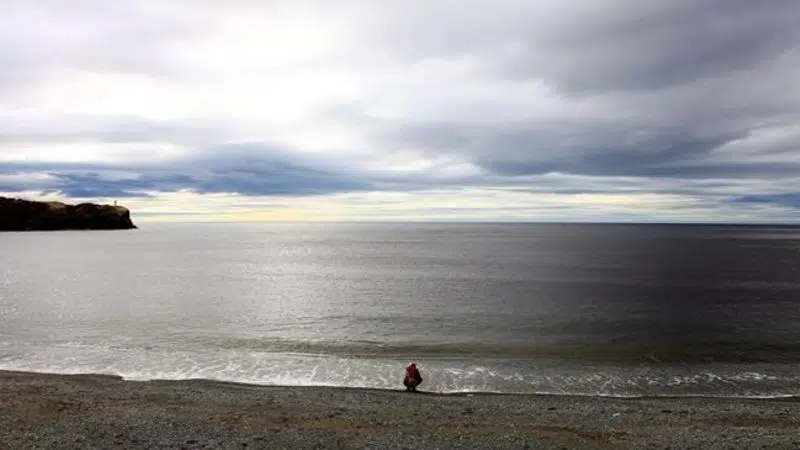
Climate change shifting protected marine ecosystems outside conservation areas
Governments may have to rethink how they conserve ocean ecosystems as climate change forces marine animals from their usual homes, says newly published research.
“Things are going to keep changing,” said Derek Tittensor of Nova Scotia’s Dalhousie University, a co-author of the paper published in the journal Science Advances.
“The ocean is going to be really quite dynamic.”
The changes will have a significant impact in Canadian waters, where the government has created 14 marine protected areas since 2010.
